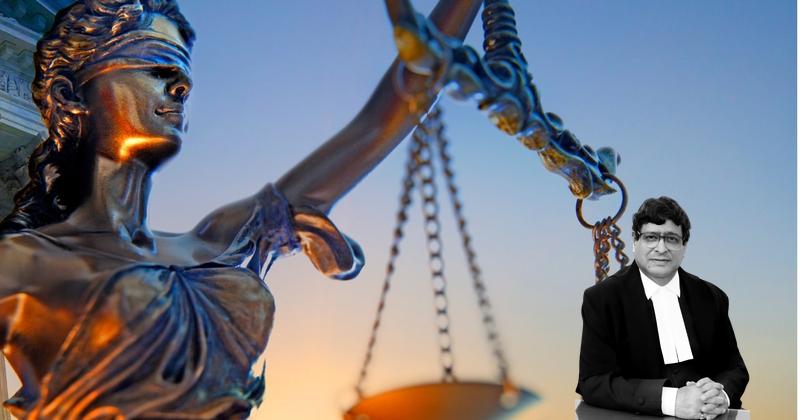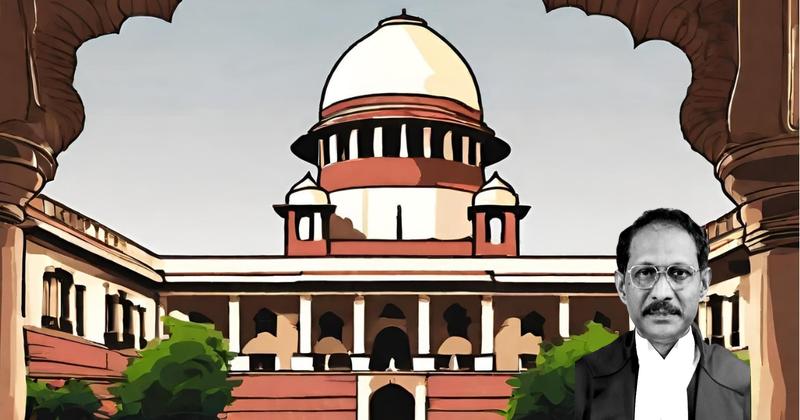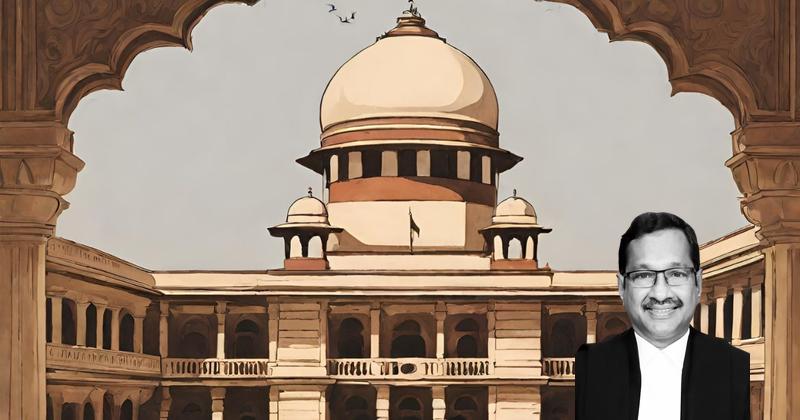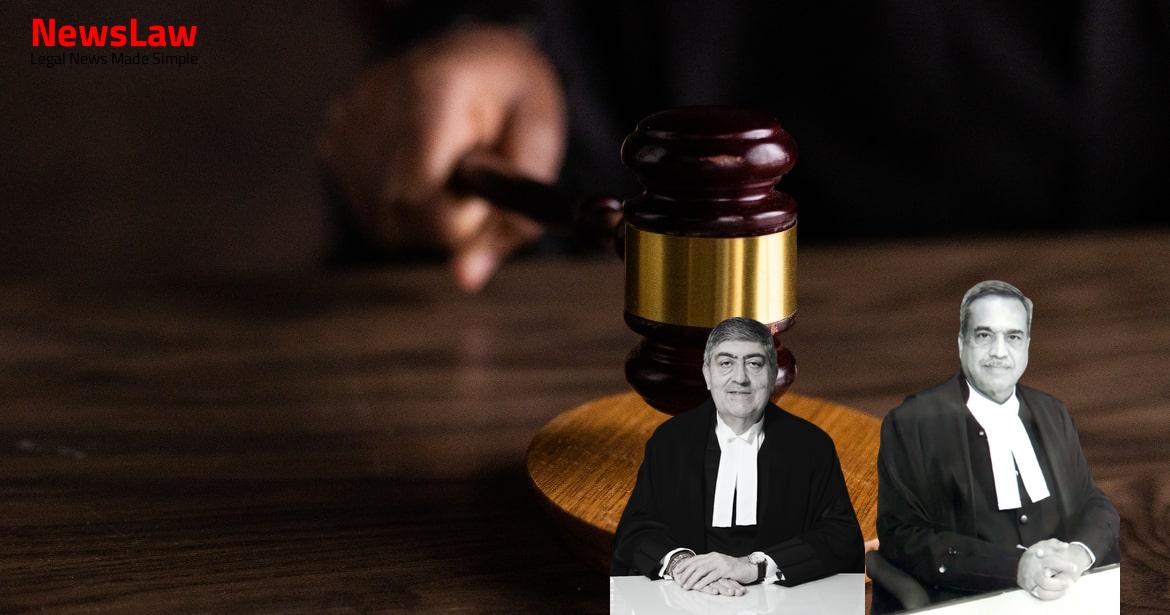Devas Global LLP to either purchase the entire land, as committed, at the same rate or in the alternative provide suitable access to the balance land by taking only proportionate frontage of the land so that any other subsequent purchaser is also able to get adequate access to the land without any interference and Unitech is able to maximise its revenues from realization of assets; (iii) Direct that M/s. 83.40 crores and deposit the said amount in the Registry of this Hon’ble Court, which they have received in respect of sale of 12 acres 21 guntas (1 sale transaction) and 10 acres 3.5 guntas (2 sale transaction) to Devas alongwith interest; (vi) Direct Col. Mohinder Singh Khaira and Naresh to provide all the requisite documents, including the details of financial transactions in respect of 26 acres 19 guntas of land as mentioned above; (vii) Direct legal action be taken against Col.
As per the case on behalf of Unitech Limited, Unitech Limited was the absolute owner of the land in question and therefore entitled to the entire sale consideration of Rs. It is the case on behalf of the Unitech that true facts were not brought to the notice of Justice Dhingra committee and even before this Court and the aforesaid amount of Rs. It is the case on behalf of Unitech Limited that the actual sale consideration being paid to Unitech Limited is just about 50% of the total amount of sale consideration, which is to the detriment of the home buyers, fixed deposit holders, employees and other important stakeholders of the company. Venkataraman, learned ASG appearing on behalf of the Management of the Unitech Limited has pointed out the number of facts and various transactions with respect to the land in question right from 2005 onwards to demonstrate and satisfy this Hon’ble Court that Unitech Limited was the absolute owner of the land in question and that neither Shri Naresh Kempanna nor Col.
Pursuant to the earlier order(s) passed by this Court, it appears that solely on the basis of the report submitted by Justice Dhingra Committee on the basis of one MOU dated 02.01.2018 and without adjudicating the rights of the respective parties, more particularly, the claims of Shri Naresh Kempanna and Col. However, it is required to be noted that even the Justice Dhingra Committee submitted the report to pay the said amount to the aforesaid two persons without any adjudication of the claims of the Unitech, M/s Devas and aforesaid two persons, namely, Shri Naresh Kempanna and Col. In South Eastern Coalfields Ltd., (2003) 8 SCC 648], it was held that no party could take advantage of litigation. What attracts applicability of restitution is not the act of the court being wrongful or mistake or an error committed by the court; the test is whether, on account of an act of the party persuading the court to pass an order held at the end as not sustainable, resulting in one party gaining an advantage which it would not have otherwise earned, or the other party having suffered an impoverishment, restitution has to be made. Board of Revenue, U.P. Board of Revenue, U.P. Perillo has been quoted by Black to say that “restitution” is an ambiguous term, sometimes referring to the disgorging of something which has been taken and at times referring to compensation for the injury done: ‘Often, the result under either meaning of the term would be the same. Section 144 CPC speaks not only of a decree being varied, reversed, set aside or modified but also includes an order on a par with a decree…. This is also on the principle that a wrong order should not be perpetuated by keeping it alive and respecting it ( A. We are, therefore, of the opinion that the successful party finally held entitled to a relief assessable in terms of money at the end of the litigation, is entitled to be compensated by award of interest at a suitable reasonable rate for the period for which the interim order of the court withholding the release of money had remained in operation.” (emphasis supplied) 336.
Essar Oil Ltd., (2012) 3 SCC 522], it was observed that the principle of restitution is a remedy against unjust enrichment or unjust benefit. The concept of restitution is virtually a common law principle, and it is a remedy against unjust enrichment or unjust benefit. Ariya Kshatriya Rajakula Vamsathu Madalaya Nandhavana Paripalanai Sangam, (2012) 6 SCC 430], it was stated that restitutionary jurisdiction is inherent in every court, to neutralise the advantage of litigation.
Also Read: https://newslaw.in/case-type/civil/courts-analysis-on-compliance-with-resolution-plan-conditions/
State of U.P., (1992) 2 SCC 620] this Court observed as under : (SCC p. The 50 operators, including the appellants/private operators, have been running their stage carriages by blatant abuse of the process of the court by delaying the hearing as directed in Jeewan Nath Wahal case [Jeewan Nath Wahal v. The jurisdiction to make restitution is inherent in every court and will be exercised whenever the justice of the case demands. Sahi Oretrans (P) Ltd., (1999) 2 SCC 325] observed as under : (SCC pp. In appropriate cases, the court may appoint a Receiver and direct the person who is holding over the property to act as an agent of the [Receiver with a direction to deposit the royalty amount fixed by the] Receiver or pass such other order which may meet the interest of justice. I consider that in such cases where the court finds that using the courts as a tool, a litigant has perpetuated illegalities or has perpetuated an illegal possession, the court must impose costs on such litigants which should be equal to the benefits derived by the litigant and harm and deprivation suffered by the rightful person so as to check the frivolous litigation and prevent the people from reaping a rich harvest of illegal acts through the courts.
The costs imposed by the courts must in all cases should be the real costs equal to deprivation suffered by the rightful person.” We approve the findings of the High Court of Delhi in the case mentioned above. Thus, it becomes the duty of the courts to see that such wrongdoers are discouraged at every step, and even if they succeed in prolonging the litigation due to their money power, ultimately, they must suffer the costs of all these years’ long litigation. Harijan Sewak Sangh, (2012) 6 SCC 460 : (2012) 3 SCC (Civ) 765] : (SCC p. Sahi Oretrans (P) Ltd., (1999) 2 SCC 325] this Court in para 4 of the judgment observed as under : (SCC pp.
In appropriate cases, the court may appoint a Receiver and direct the person who is holding over the property to act as an agent of the Receiver with a direction to deposit the royalty amount fixed by the Receiver or pass such other order which may meet the interest of justice. CIT, (1980) 2 SCC 191 : 1980 SCC (Tax) 230; Ram Krishna Verma v. Hemant Vimalnath Narichania, (2010) 9 SCC 437 : (2010) 3 SCC (Civ) 808], it was observed that courts should be careful in neutralizing the effect of consequential orders passed pursuant to interim orders. Union of India, (2006) 3 SCC 286], it was observed that an unintentional mistake of the Court, which may prejudice the cause of any party, must and alone could be rectified. Thus, in our opinion, the period for which the interim order has operated under Section 24 has to be excluded for counting the period of 5 years under Section 24(2) for the various reasons mentioned above.”
Also Read: https://newslaw.in/case-type/criminal/alleged-misuse-of-official-position-courts-legal-analysis/
2 As per the settled position of law, the act of the Court shall prejudice no one and in such a fact situation, the Court is under an obligation to undo the wrong done to a party by the act of the Court.
However, it will be open for either of them to move appropriate application(s) or appropriate proceedings for adjudication of their rights to receive any amount from the sale proceeds of the land sold to M/s Devas Global LLP and as and when such application(s) is/are made, the same be considered in accordance with law and on its own merits. No 47525 of 2021 filed for impleadment is also disposed of.
Case Title: BHUPINDER SINGH Vs. UNITECH LTD. (2023 INSC 283)
Case Number: C.A. No.-010856-010856 / 2016



